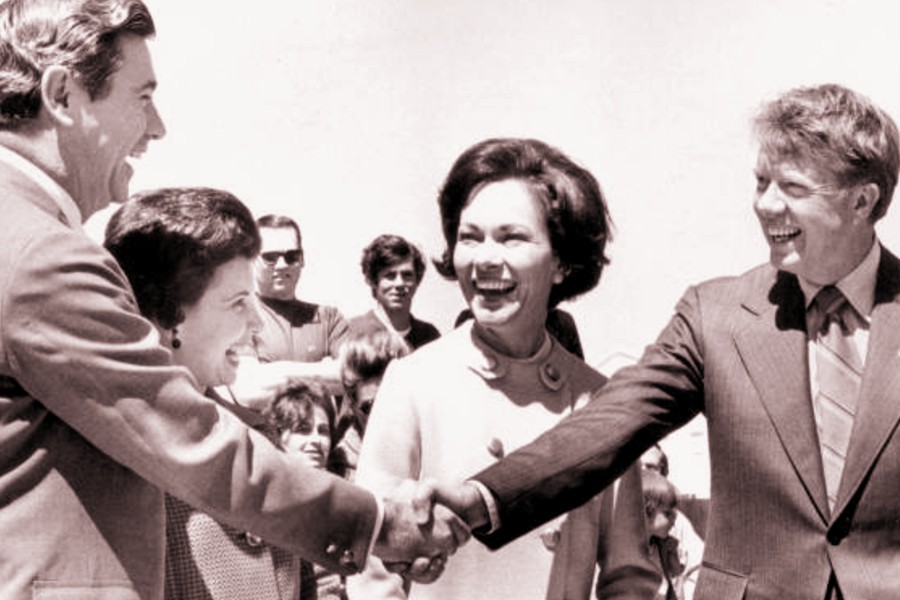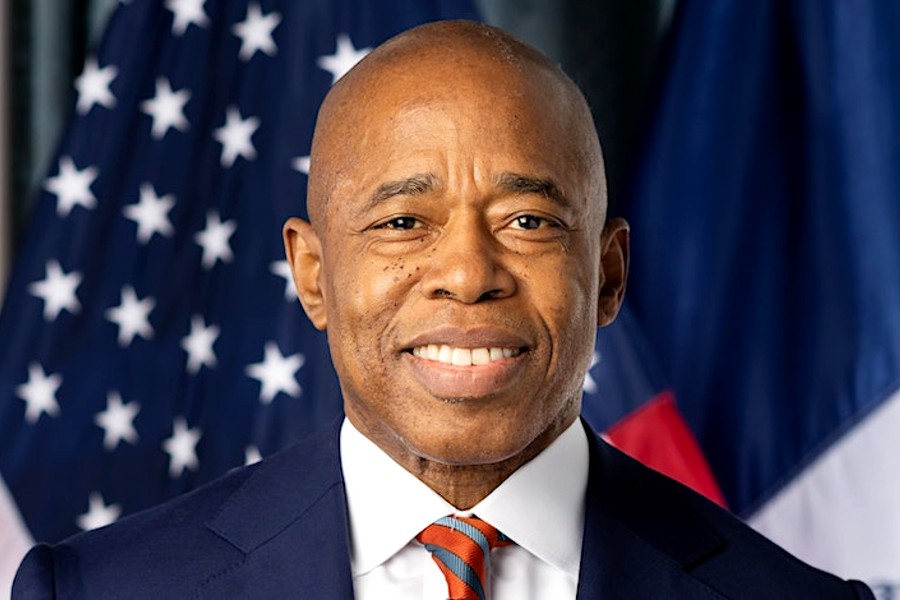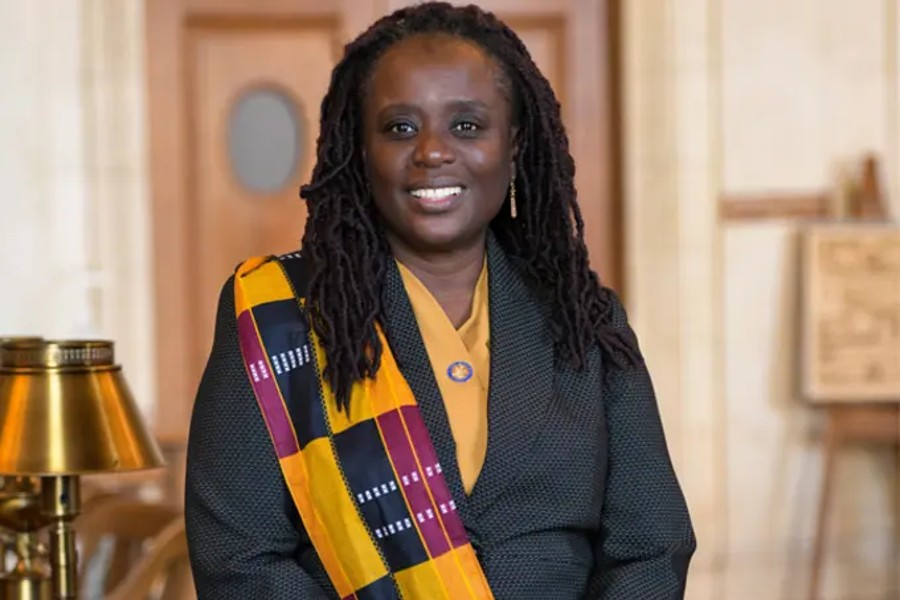
On a crisp autumn day in 1976, an unlikely figure stood before a crowd of enthusiastic supporters in the heart of Harlem.
Jimmy Carter, the peanut farmer turned governor from Plains, Georgia, had come to make his case to the residents of one of America’s most iconic African American neighborhoods. With his trademark smile and soft Southern drawl, Carter was on a mission to prove that he could bridge the divide between rural Georgia and urban New York.
A Campaign Like No Other
The 1976 presidential race was unlike any before it. In the wake of the Watergate scandal and the tumultuous end of the Nixon presidency, Americans were hungry for change. They craved a leader who could restore their faith in government and bring a fresh perspective to Washington. Enter Jimmy Carter, a relative unknown on the national stage who had begun his campaign with the simple introduction: “My name is Jimmy Carter, and I’m running for president”.
Carter’s journey to Harlem was part of a broader strategy to connect with urban voters and address issues pertinent to African American communities. His campaign slogan, “A Leader, For A Change,” resonated with those who felt disenfranchised by the political establishment. In Harlem, Carter found an audience eager to hear from a candidate who promised a new direction for the country.
The Harlem Rally: A Turning Point
As Carter took the stage in Harlem on October 22, 1976, the energy was palpable. The crowd, a sea of faces representing the diversity of New York City, listened intently as the Southern governor spoke about his vision for America. Carter’s message of unity and hope struck a chord with many in attendance.”We need to bring America together again,” Carter declared, echoing the sentiment that would later appear on campaign posters across the nation. He spoke of full employment, a fuller life, and the promise of a brighter future for all Americans, regardless of their background or zip code.
Breaking Barriers and Building Bridges
Carter’s appearance in Harlem was more than just a campaign stop; it was a statement. Here was a white Southern politician, raised in the segregated South, reaching out to Black voters in one of the most culturally significant neighborhoods in the country. The symbolism was not lost on anyone present.
Throughout his campaign, Carter had to navigate the complex racial politics of the time. He had called for an end to busing as a means to control racial segregation in schools, a position that risked alienating some Black voters. However, in Harlem, Carter emphasized his commitment to civil rights and his vision for a more inclusive America.
The Power of Personal Connection
What set Carter apart in Harlem, and indeed throughout his campaign, was his ability to connect with people on a personal level. He didn’t just deliver speeches; he listened. He shook hands, looked people in the eye, and engaged in genuine conversations about their concerns and hopes for the future.
“He may be from Georgia, but he speaks our language.”
This approach was a stark contrast to the polished, distant image of many Washington insiders. Carter’s authenticity and down-to-earth demeanor helped him overcome the initial skepticism that had greeted his candidacy. As one Harlem resident remarked after the rally, “He may be from Georgia, but he speaks our language.”
A Coalition of the Unlikely
Carter’s campaign in 1976 was built on an unusual coalition. He managed to unite the Old South (with the exception of Virginia) with northern industrial powers like New York and Pennsylvania. His ability to appeal to both rural Southern voters and urban Northerners was a testament to his political acumen and the broad appeal of his message.
In Harlem, Carter’s efforts to reach out to the African American community were part of a larger strategy to build a diverse base of support. He had appointed more than 200 Hispanic Americans to senior positions during his time as governor, a fact he proudly shared during campaign stops.
The Road to the White House
The Harlem rally proved to be a crucial moment in Carter’s campaign. It helped solidify his support among Black voters, a key demographic in his eventual victory. As the election drew near, Carter’s message of change and unity continued to resonate with Americans across the country.
On election night, the results reflected the success of Carter’s unconventional campaign strategy. He had won the entire Old South, with the exception of Virginia, along with key northern states. The peanut farmer from Plains had defied the odds and secured the presidency.
Legacy of a Campaign
Carter’s 1976 campaign, and particularly his outreach to communities like Harlem, left a lasting impact on American politics. It demonstrated that a candidate could transcend regional and racial boundaries by focusing on shared values and common aspirations.
“… the power of unity and the importance of connecting with all Americans …”
In the years that followed, Carter’s presidency would face significant challenges, from economic struggles to international crises. However, the spirit of his campaign—the belief in the power of unity and the importance of connecting with all Americans—remained a defining aspect of his legacy.
A Moment in Time
As we look back on that October day in Harlem, we’re reminded of a time when American politics seemed poised for transformation. Jimmy Carter, the outsider from Georgia, had come to the heart of New York City and found common ground with its residents. It was a moment that captured the essence of his campaign and the promise of a new era in American leadership.
“… a testament to the enduring American belief that … anything is possible …”
In the end, Carter’s journey from Plains to Harlem to the White House was more than just a political victory. It was a testament to the enduring American belief that with determination, authenticity, and a commitment to bringing people together, anything is possible—even for a peanut farmer with a dream of changing the nation.
Photo credit: Carter greeting Florida Governor Reubin Askew and his wife in 1971.
Latest Posts
- Giddy Up! GallopNYC To Expand Services To Equestrian Facility In Staten Island
- McQuillan’s World: A Phoenix Will Arise From Ashes
- The Intricacies Of SEO Success: Insights And Strategies For Better Web Presence
- Sponsored Love: Experience Cozy Luxury And Culinary Delights At Watson Lake Inn Bed And Breakfast In Prescott, Arizona
- Google Analytics Secrets – Unearthing Lesser-Known Features For Advanced Insights
Become a Harlem Insider!
By submitting this form, you are consenting to receive marketing emails from: . You can revoke your consent to receive emails at any time by using the SafeUnsubscribe® link, found at the bottom of every email. Emails are serviced by Constant Contact








